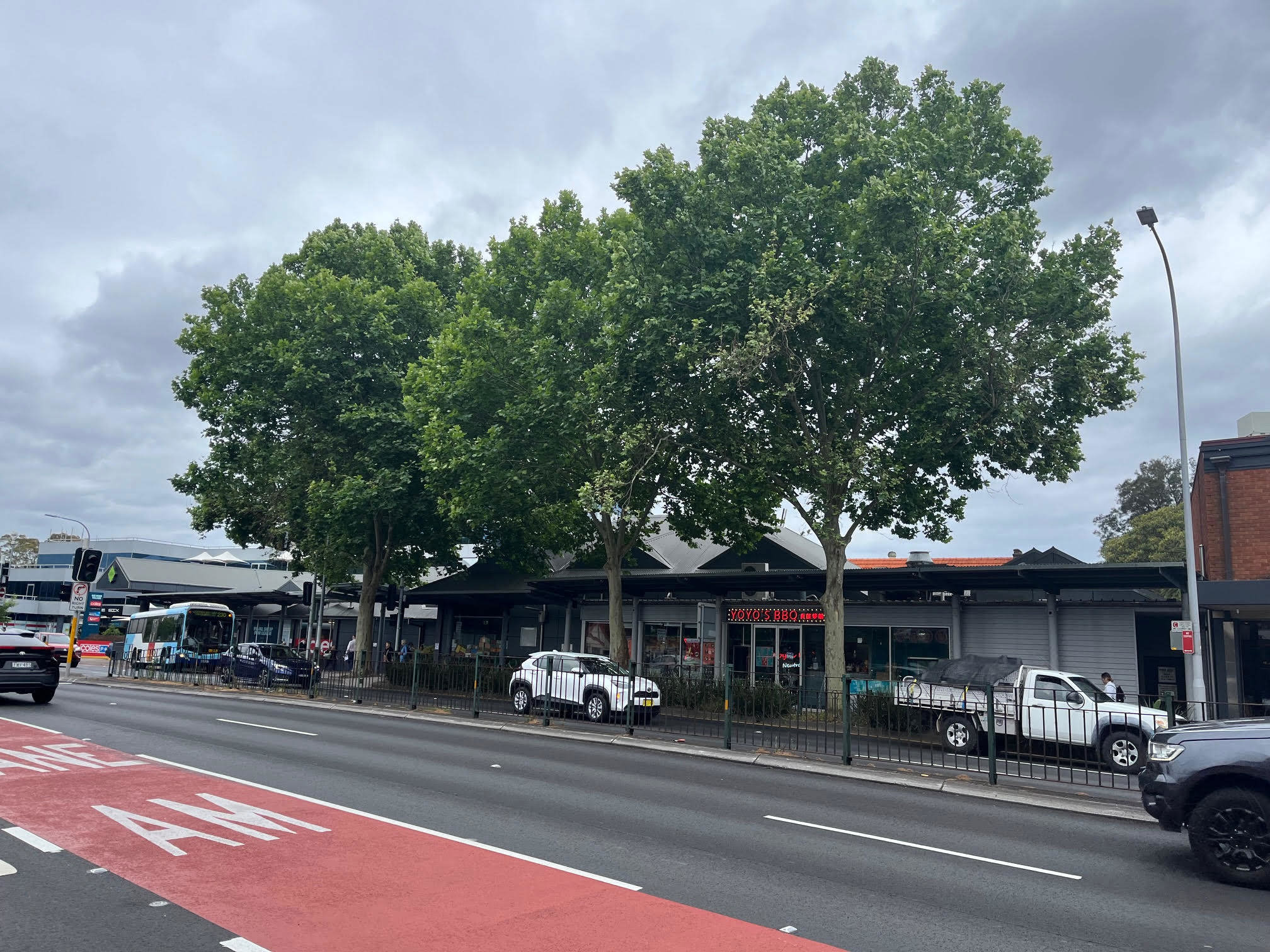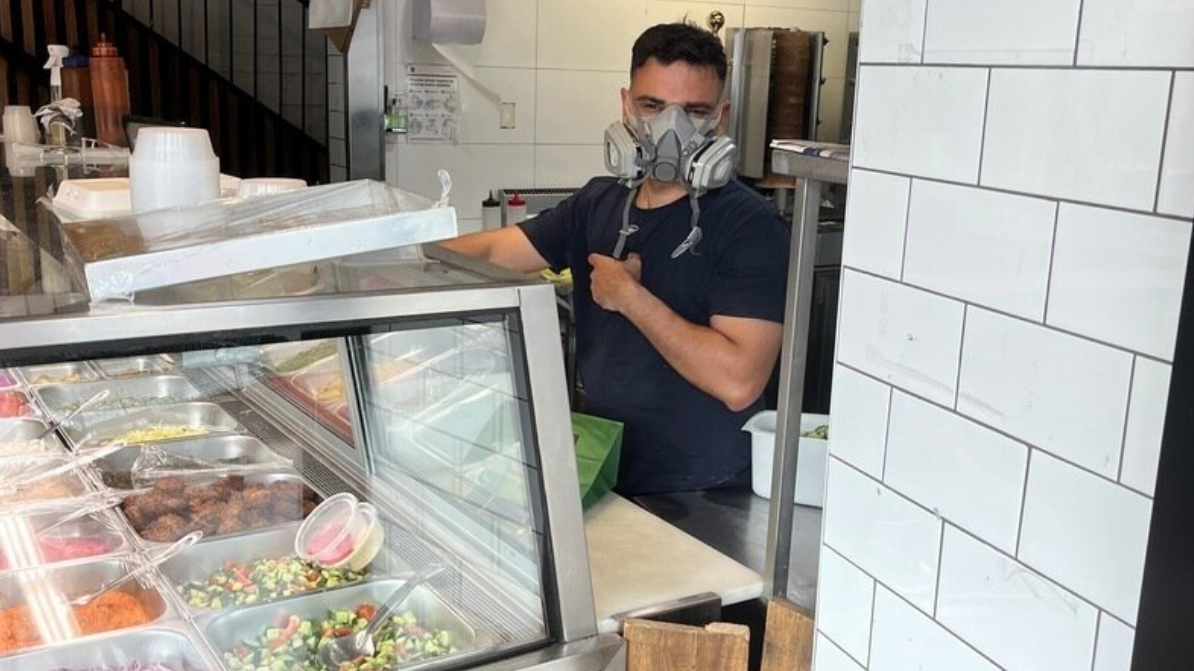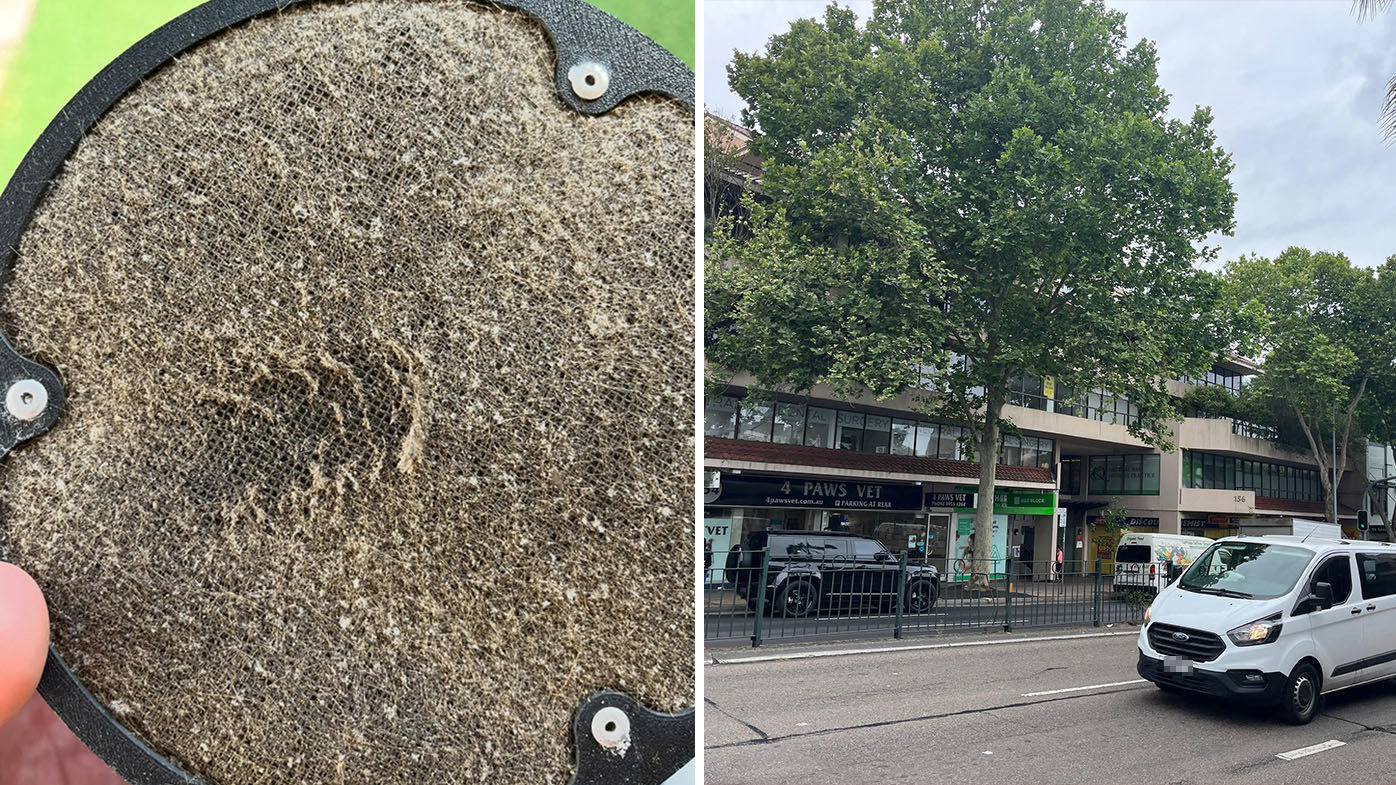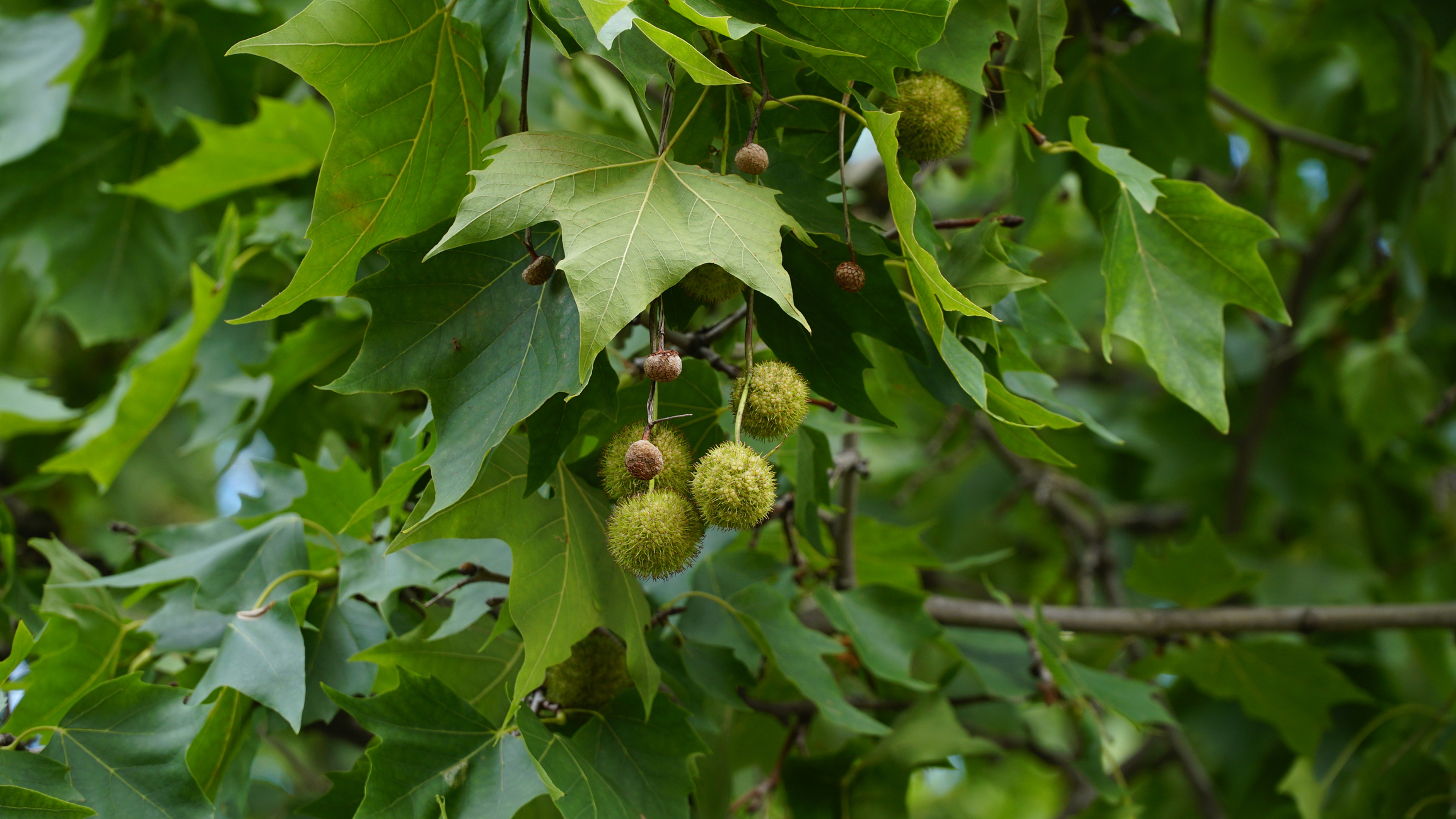Exclusive: When Aden Barclay moved to Neutral Bay in Sydney's north about five years ago, he thought his new place had a gas leak.
Plagued with mystery respiratory symptoms for months on end, he never suspected the trees on the road outside were to blame.
"I honestly didn't know what it was so I started panic, I couldn't sleep at night," he told 9news.com.au.
READ MORE: Hurricane Melissa makes landfall in Jamaica as devastating Category 5 storm

He said it was only when he noticed all the pollen, seed coatings and dust from the plane trees growing near his property that he realised they were making him sick.
And half a decade on, they're still causing problems in Neutral Bay.
Plane trees were planted throughout Sydney in the late 19th and early 20th century.
They provide shade in summer and sun in winter, but they also shed dust and fine trichomes (hairs) that can cause shortness of breath, coughing, and eye, nose and throat irritation in humans.
They currently grow all over Neutral Bay and line Military Road.
Some locals have taken drastic measures to avoid their dust, like Muhammad at the local Agha Grill, who was spotted working the counter in a respirator mask.
READ MORE: 'We don't agree, but we accept': Meta, TikTok, Snap on social media ban

Barclay also claimed the plane trees are making him and other locals ill.
He said residents have suffered asthma attacks, coughing fits, sinus blockages and infections, bronchitis and panic attacks linked to plane trees.
"People around here are getting so sick," he claimed.
He said fallout from the trees often ends up inside businesses and homes as well.
"They're just a waste of space, they actually contribute to the pollution rather than stopping it, it's ridiculous."
He can't leave his windows open in summer and the filter on the fan he uses to keep his home and business cool is constantly clogged with plane tree dust.
READ MORE: Eight schools taught kids about wrong Roman leader for whole semester

Plane trees are also one of many tree species that emit isoprene, a volatile organic compound (VOC) that is possibly carcinogenic.
While it's not dangerous on its own, in hot weather, isoprene can react with nitrogen oxides from cars to form ozone, which can negatively impact air quality and lung health.
Sydney announced that plane trees would be phased out in streets and parks back in 2023, but not for health reasons.
Research showed they're among the tree species most vulnerable to drought.
That's a problem when Sydney is experiencing higher temperatures and increased weather events due to climate change.
Climate scientist Dr Georgina Falster previously told 9news.com.au Australia could even see 20-year megadroughts in the future.
The city decided that plane trees that needed to be removed (for example, dead trees) would be replaced with species better suited to warm weather and climate change.
But Barclay doesn't want to wait.
READ MORE:

He has started a petition on Change.org to have seven plane trees along a 200-metre stretch of Military Road removed and replaced with native trees.
The petition has already attracted almost 100 signatures.
North Sydney Council said that won't be happening.
"Council no longer plants any plane trees and will gradually phase out existing plane trees in the Local Government Area," a council spokesperson said.
"However, immediately removing and replacing established plane trees is not feasible in the short term, as it would have a significant impact on the canopy cover.
"When removals are required due to poor tree health or safety risks, where feasible they are replaced with more suitable species for the streetscape and site conditions."
Have you got a story? Contact reporter Maddison Leach at mleach@nine.com.au
DOWNLOAD THE 9NEWS APP: Stay across all the latest in breaking news, sport, politics and the weather via our news app and get notifications sent straight to your smartphone. Available on the Apple App Store and Google Play.
from 9News https://ift.tt/qUWeN7t
via IFTTT
Comments
Post a Comment